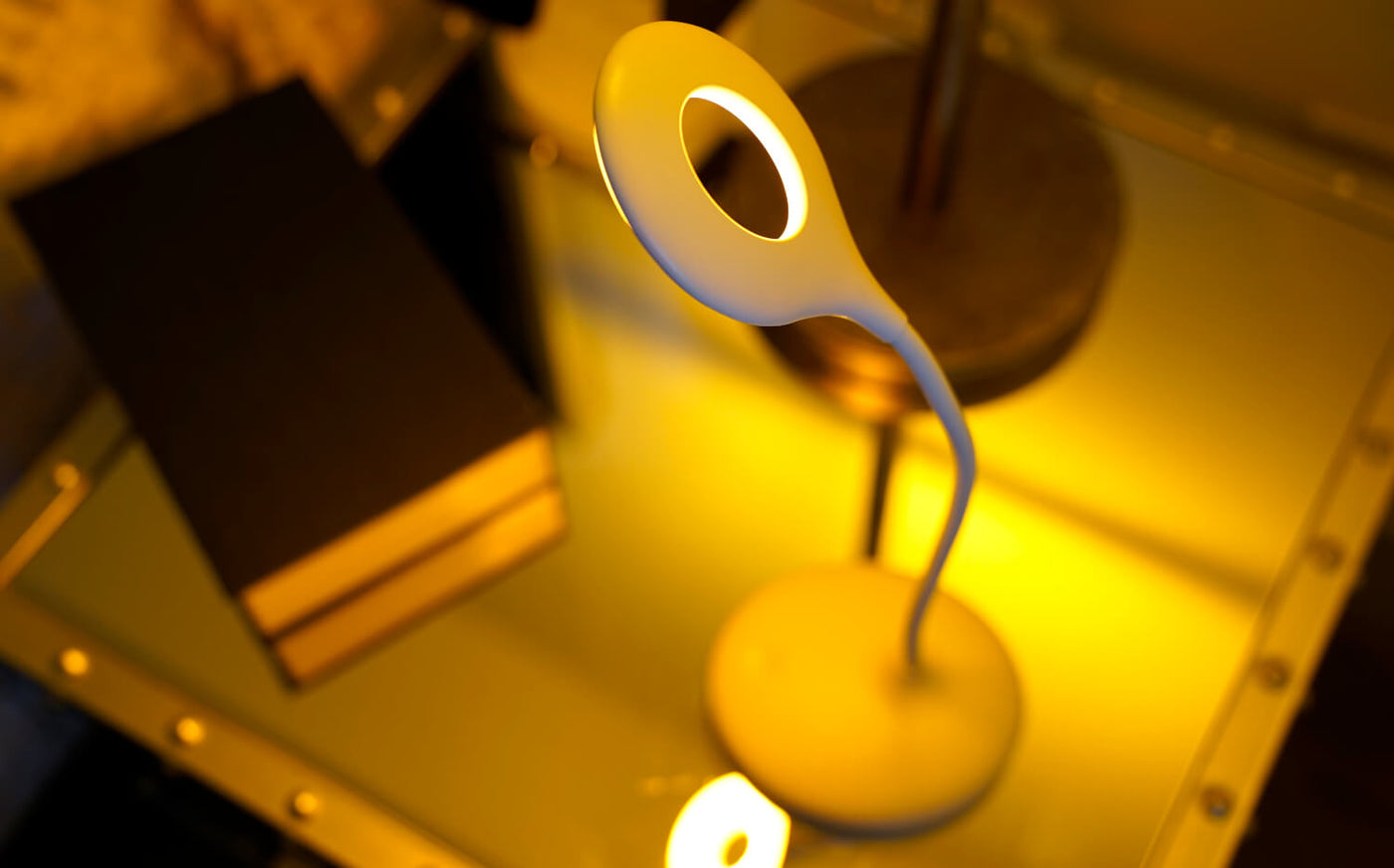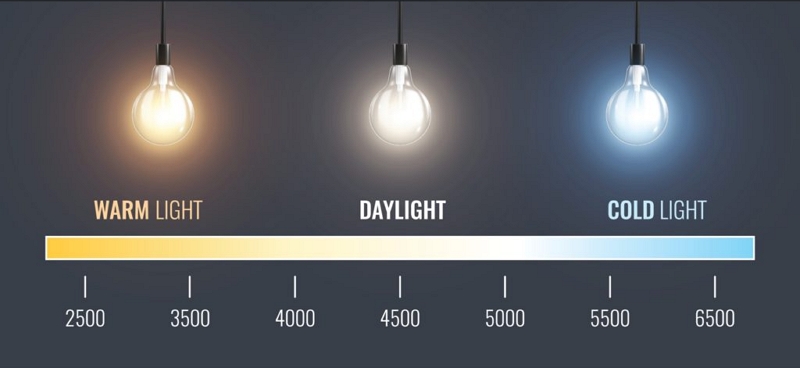Which Light is Good for Studying? Optimize Your Learning Environment
The right light can make a big difference in studying. Good lighting helps you focus and reduces eye strain.
Natural light is the best option, as it is bright and easy on the eyes. But, not everyone has access to it all the time. So, what are the alternatives? There are several types of artificial lights that can mimic natural light.
These options can help you study better and longer. In this blog post, we will explore the best lighting choices for studying. We’ll look at various types of lights, their benefits, and which one might be the best for you. Stay tuned to find out how you can create the perfect study environment with the right light.
Importance Of Proper Lighting
Proper lighting helps students stay focused. Bright light keeps the mind alert. Dim light can make students sleepy. Natural light is best. It helps students stay sharp. Desk lamps with adjustable brightness are helpful. They let students control the light. This helps them stay focused for longer.
Good lighting protects the eyes. Dim light can cause eye strain. Bright light is easier on the eyes. It reduces the risk of headaches. LED lights are a good choice. They are bright and energy-efficient. Blue light can be harmful. It is best to avoid it before bedtime. This helps protect eye health.

Credit: www.blockbluelight.com
Types Of Lighting
Natural light is sunlight. It is bright and healthy. Studying near a window is best. Sunlight helps you stay alert and focused. It can reduce eye strain. Natural light is free and unlimited. It can improve mood and energy. It is the best choice for daytime studying.
Artificial light comes from lamps and bulbs. It is useful when it is dark outside. LED lights are good for studying. They are bright and energy-efficient. Some lamps have adjustable brightness. This helps to reduce glare and eye strain. Warm light can make a room cozy. But too dim light can make you sleepy. Choose the right artificial light for your study space.
Best Light Bulbs For Studying
LED bulbs are great for studying. They are energy-efficient. They last a long time. LED bulbs give off bright light. This helps you see better. LED bulbs come in many colors. Choose a white or cool blue light. This helps you stay alert. LED bulbs do not get hot. They are safe to touch.
Halogen bulbs are a good option too. They are very bright. This helps you read better. Halogen bulbs make colors look natural. They also last longer than regular bulbs. They get hot, so be careful. Keep them away from paper or cloth.
Color Temperature And Learning
Cool white light, around 5000K to 6500K, is ideal for studying. It increases focus and reduces eye strain. Using this light can help in better concentration.
Warm Light Vs Cool Light
Warm light is soft and gentle. It creates a cozy feeling. This light is good for relaxing. Cool light is bright and sharp. It helps you stay alert. This light is better for studying. Warm light is yellowish. Cool light is bluish. Choose the light that helps you focus.
Optimal Color Temperature
Experts say 4000K to 5000K is best. This range is not too warm or too cool. It is called neutral white. Neutral white light helps you stay awake. It also reduces eye strain. This light is good for long study hours.
Positioning Your Light Source
A desk lamp should be placed on your left side if you are right-handed. This helps to reduce shadows on your work. If you are left-handed, place it on your right side. The light should shine directly on your work area. Try to keep the lamp’s base steady. This prevents it from falling.
Overhead lighting should provide even light across your room. It helps to minimize eye strain. Use a bright but soft light bulb. Avoid placing lights directly above your eyes. This can cause glare. Instead, aim for diffused light. This spreads out the light more evenly.
Reducing Glare And Shadows
Bright lights can hurt your eyes. Use lamps with shades to cut down glare. Diffused light helps reduce eye strain. Place lights in a way that avoids reflections on screens.
Shadows make it hard to read. Use multiple light sources. This helps keep shadows away. Desk lamps are great. They focus light where needed. Ceiling lights help brighten the whole room. Together, they create a shadow-free study area.
Lighting For Different Study Activities
Good light helps you read better. Use a table lamp with a flexible neck. Place it on your desk. The light should shine directly on your book. Avoid shadows. Choose a warm white bulb. It is easy on the eyes. Make sure it is bright enough. Not too dim. Not too bright. A 3000K to 4000K bulb works well.
Proper light reduces eye strain. Use a desk lamp with adjustable brightness. Place it next to your computer. The light should not reflect on the screen. Choose a cool white bulb. It helps you stay alert. A 4000K to 5000K bulb is ideal. Make sure the room is also well-lit. Avoid working in the dark.

Credit: www.designcafe.com
Smart Lighting Solutions
Smart lights can be adjusted to suit your needs. Bright light helps with focus. Dim light is good for relaxing breaks. Some systems let you change colors. This can help with mood and energy levels. You can control these lights with a remote or an app. They are easy to use.
Automated lights turn on and off by themselves. They use sensors to detect movement. Lights turn on when you enter a room. They turn off when you leave. This helps save energy. You can set timers for your study sessions. This ensures you have light when you need it.

Credit: www.blockbluelight.com
Conclusion
Choosing the right light is vital for effective studying. Natural light is always best. It reduces eye strain and boosts mood. If natural light is not available, use warm, white LED bulbs. They mimic natural light and are energy-efficient. Avoid harsh, bright lights.
They can cause headaches and eye strain. A good desk lamp with adjustable brightness is helpful. It allows you to control the light according to your needs. Remember, the right lighting enhances focus and productivity. Make sure your study space is well-lit for the best results.





